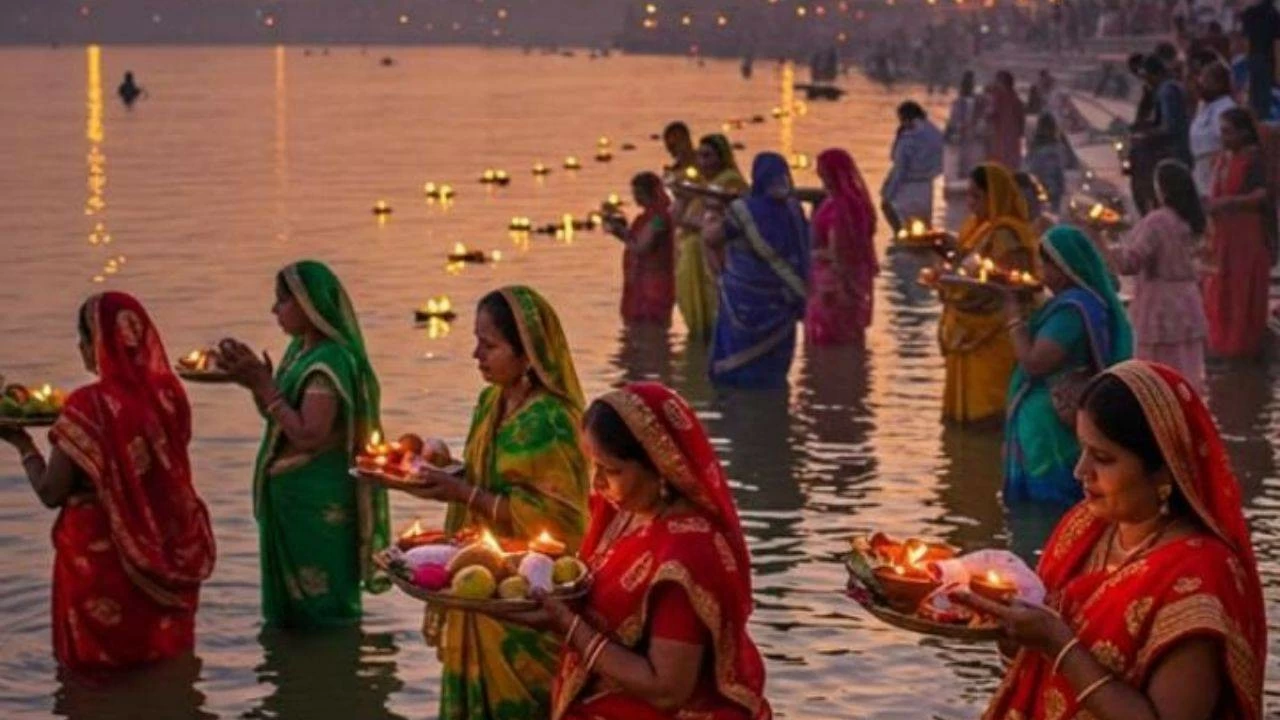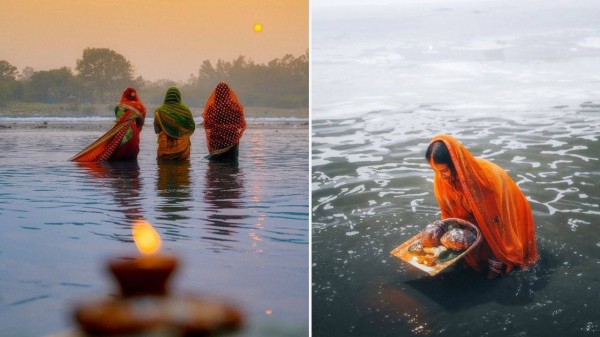

By signing in or creating an account, you agree with Associated Broadcasting Company's Terms & Conditions and Privacy Policy.


By signing in or creating an account, you agree with Associated Broadcasting Company's Terms & Conditions and Privacy Policy.

New Delhi: Chhath Puja, also known as the Mahaparv of Sanatan Dharma, is one of the oldest and most sacred festivals of India. Celebrated with devotion in Bihar, Jharkhand, eastern Uttar Pradesh, and Nepal’s Tarai region, it honours Lord Surya, the Sun God, and Chhathi Maiya, the goddess who protects children and grants prosperity. Unlike most Indian festivals marked by decoration and feasting, Chhath Puja is rooted in simplicity, discipline, and reverence for nature.
Devotees fast without water, prepare prasad or sacred offerings in earthen stoves, and offer arghya to the setting and rising sun. Each ritual, beginning from Nahay Khay to Usha Arghya, reflects gratitude, balance, and surrender to cosmic energy. This ancient festival embodies purity, equality, and spiritual awakening. Let’s explore what factors make it truly deserving of the title Mahaparv.

1. Worship of nature and cosmic energy
Chhath Puja is one of the few global traditions where devotees worship both the setting and rising sun. This act reflects balance in life and nature, symbolising gratitude to the ultimate source of light and vitality.
2. Purity and discipline
The four-day ritual demands physical and mental purity. Devotees maintain celibacy, observe fasting, and stay in clean surroundings, representing deep faith and unwavering discipline.
3. No priests, no idols
A unique feature of Chhath Puja is that no priest or idol is needed. Every devotee connects directly with the natural elements such as sun, water, air, earth, and sky, embracing pure, unmediated worship.
4. Equality and community spirit

At the ghats, people from all castes and classes stand together offering arghya or prayer to the sun. This communal harmony breaks social barriers, encouraging equality and shared devotion.
5. Ecological and health benefits
The rituals of Chhath Puja are eco-friendly and scientifically beneficial. Fasting detoxifies the body, and exposure to early sunlight aids physical and mental well-being.
6. Ancient heritage and legacy
References to Chhath Puja appear in the Rigveda and Mahabharata, where Kunti, Karna and Draupadi performed it for divine blessings. Its continuity from Vedic times makes it a living link to India’s ancient spiritual heritage.
Chhath Puja is called Mahaparv because it brings together devotion, purity, equality, and ecological wisdom. Rooted in Sanatan Dharma, this festival celebrates the eternal bond between humans and the natural universe.








